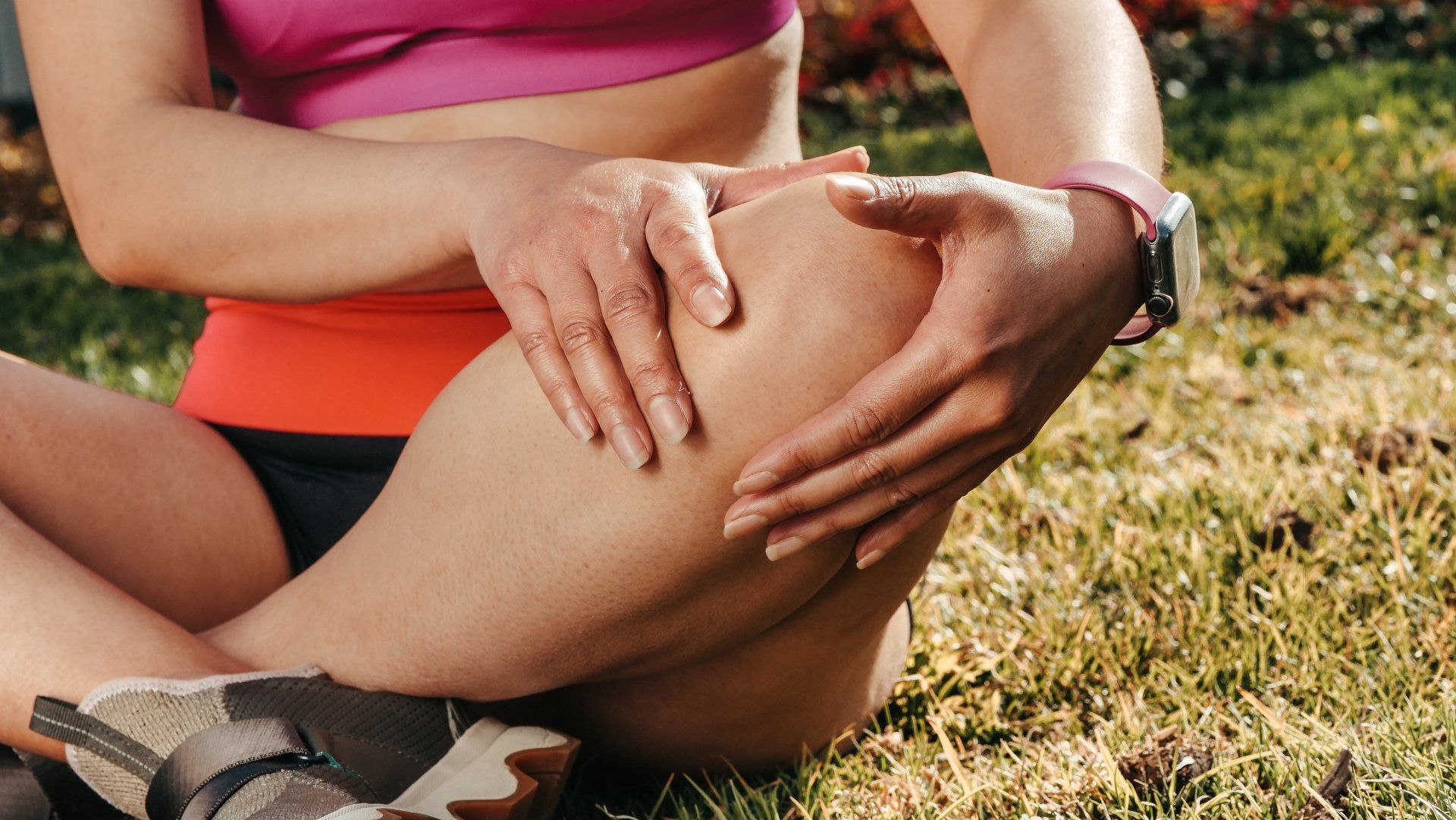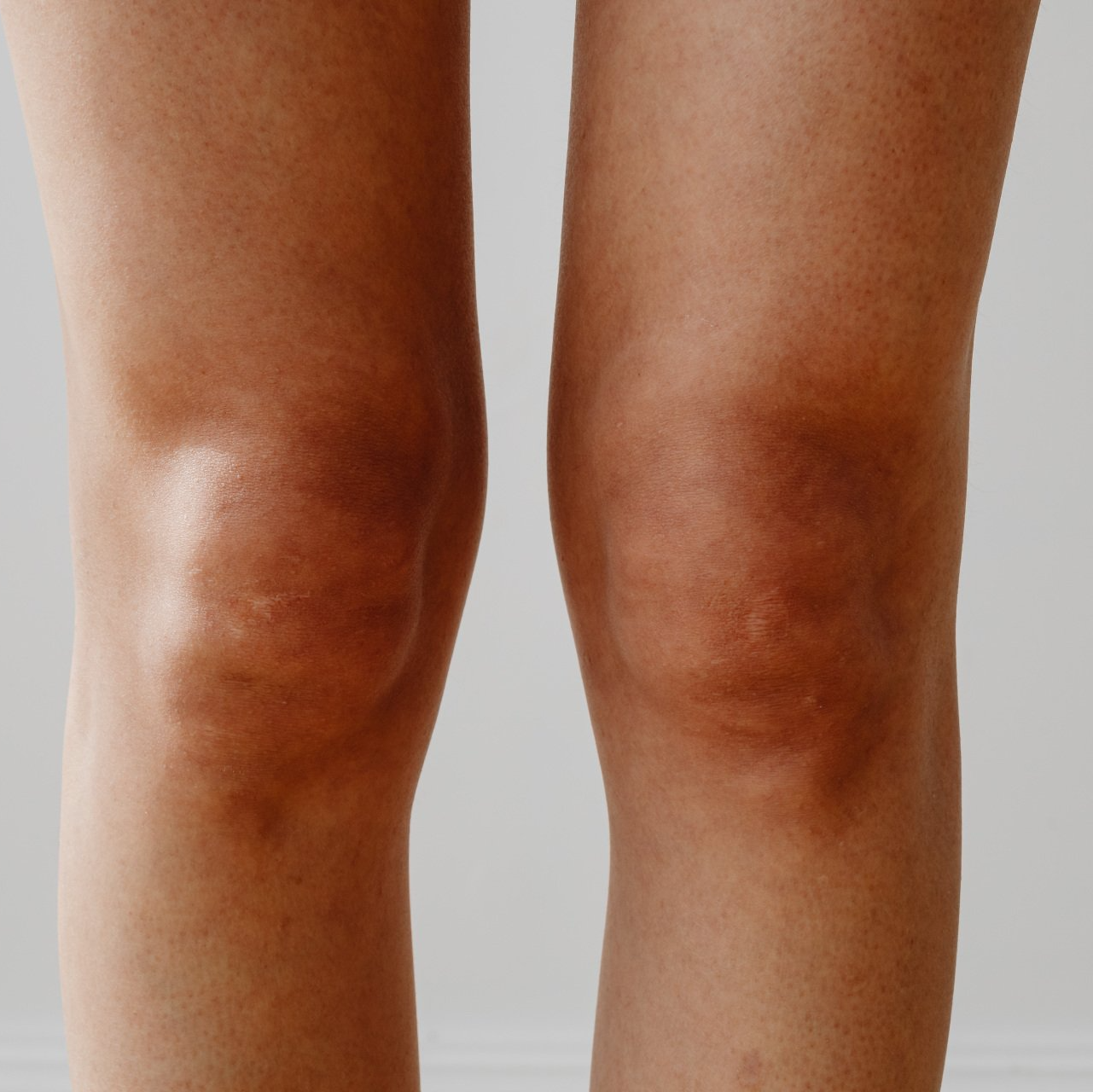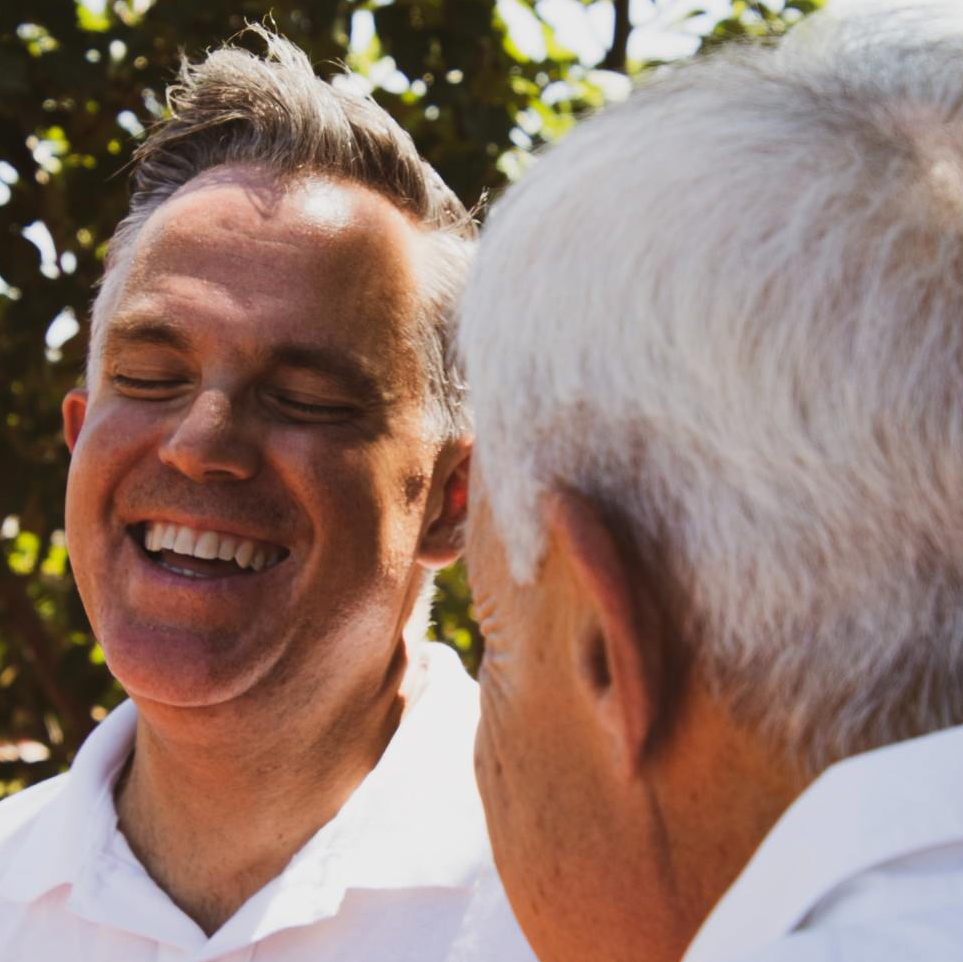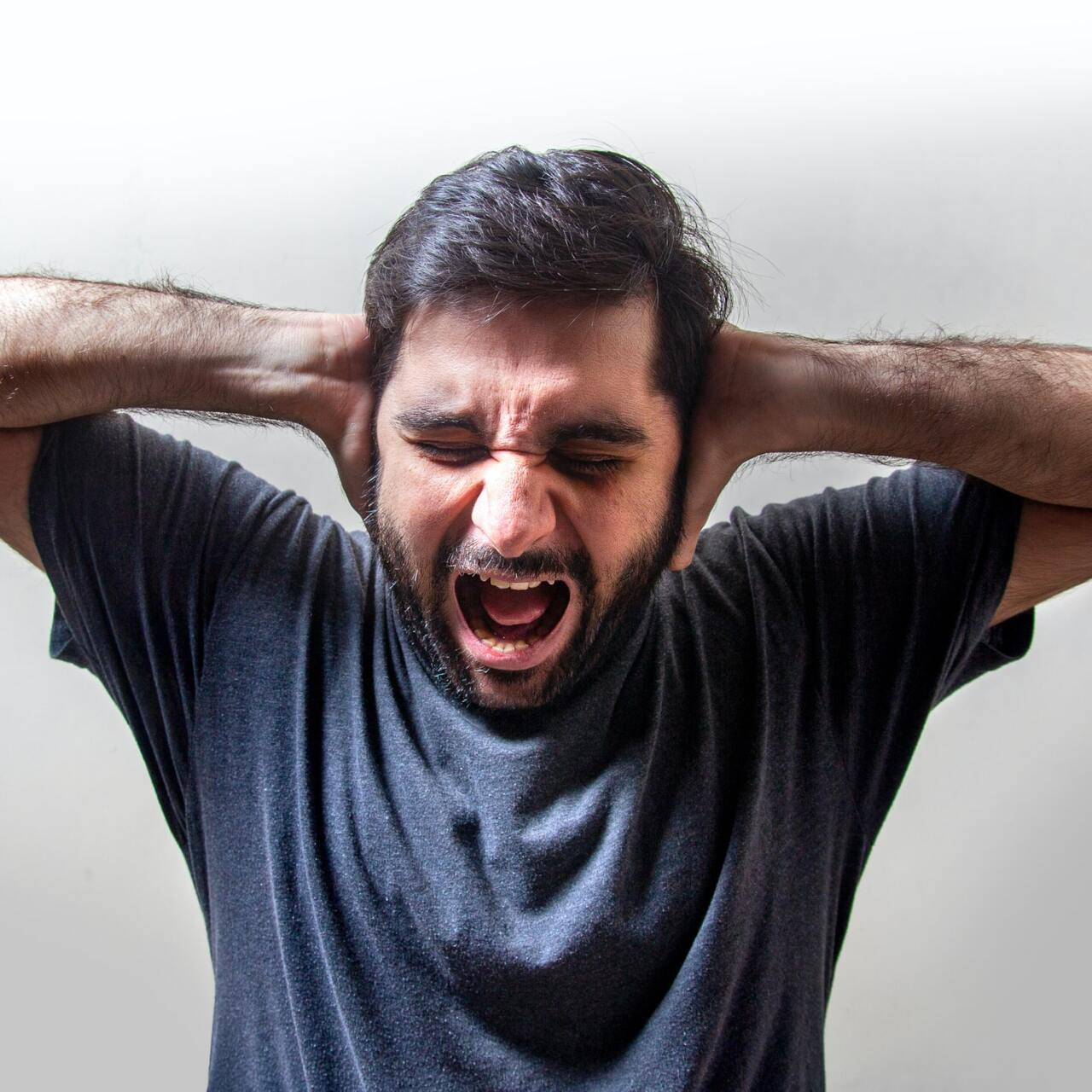Blog
The Top Two Reasons Stretching Doesn't Work
In 2017 I was asked to write an article on stretching for Impact Magazine, Canada's leading health and fitness publication. The article was published in the March/April issue that year and is reprinted as the first blog entry on this website. Here is an excerpt from that article:
I ask my patients to hold their stretches for 60 seconds. Why? After almost 27 years teaching people how to reorganize their bodies out of painful postures with corrective exercise, I have found that most people will stretch as aggressively as their pain threshold will allow. However, there is this thing called the “Stretch Reflex.” The Stretch Reflex is a self-defense mechanism that occurs in the muscle in response to either a very sudden pull or a strong pull on the muscle. If you attempt to “stretch” a muscle too aggressively the muscle being pulled on cannot begin to lengthen until the reflex contraction relaxes. In other words, stretch too hard and all you are doing is making yourself sore! All pain, no gain.
Funny enough, what was true in 2017 is just as true today. Human nature hasn't changed and neither has human physiology.
I had two patients this week who were struggling mightily to make progress in spite of having all the right tools available to them.
The biggest obstacle?
"Stretching" WAYYYYY TOO HARD...
As stated very clearly in the article excerpt, "If you attempt to “stretch” a muscle too aggressively the muscle being pulled on cannot begin to lengthen until the reflex contraction relaxes. In other words,
stretch too hard and all you are doing is making yourself sore! All pain, no gain".
This type of stretching is "stretching" in name only, because when you attempt to lengthen your muscles in this fashion there is little to no "stretching" taking place. It becomes a sort of tug'o'war between you and your neuromuscular system. Certainly it feels like there is LOTS of stretching going on, but that is a mirage.
The second biggest reason that people can struggle to improve in response to their stretching efforts is because they are working on the wrong muscles.
Stretching "the wrong muscles"???
I can hear the gears turning in your head. "The wrong muscles" doesn't make any sense! My hamstrings are tight and I am stretching my hamstrings! How can that be wrong???
Here's a copy of a recent text message I received from Darren in Edmonton:
Geoff, I need your help. My back is feeling way better, but my hamstrings are still steel cords! You told me not to stretch my hamstrings but I can't help it, they're driving me crazy! What can I do?
As is my way, I sent Darren a very long winded explanation of what we are doing in his rehab process and why he should continue to avoid stretching his hamstrings, in spite of their tightness. Instead, I should have sent him the following excerpt from the 2017 article on stretching:
When
someone complains to me that his or her hamstrings have always been too tight and will not stretch no matter what they do, I check that person's pelvic position. More often than not, that person's pelvis is rotated too far forward. This pelvic position results in the hamstrings being subjected to perpetual stretch tension.
The usual suspects in such cases are the muscles of the lower back, quadriceps and inner thighs.
Creating more length in these muscles will more often than not help return the pelvis to a more neutral position and almost magically solve the mystery of the tight hamstrings.
Dear reader, your body is a big, fat, liar. Well, maybe not big, nor fat, but it IS a liar just the same.
I believe that from the sensations alone it is impossible to discriminate between taut tension and tension from contraction. That is why we always interpret muscle tension as a reason to stretch. After assessing tens of thousands of human postures I can tell you with utmost confidence that your tight hamstrings are more likely to improve if you stretch your quads/hip flexors than if you stretch your hamstrings themselves! Strange but true.
So, if you're struggling to have success with your stretching efforts, make sure you're stretching the right muscles AND make sure you're not stretching too hard. If you've got those two issues mastered, then you will have a lot of success, I promise!
Feel free to shoot me a message if you have any questions or if you're having any challenges with your home care.
Until next time,...
Yours in health,
Geoff Dakin
Alignment First Inc.










